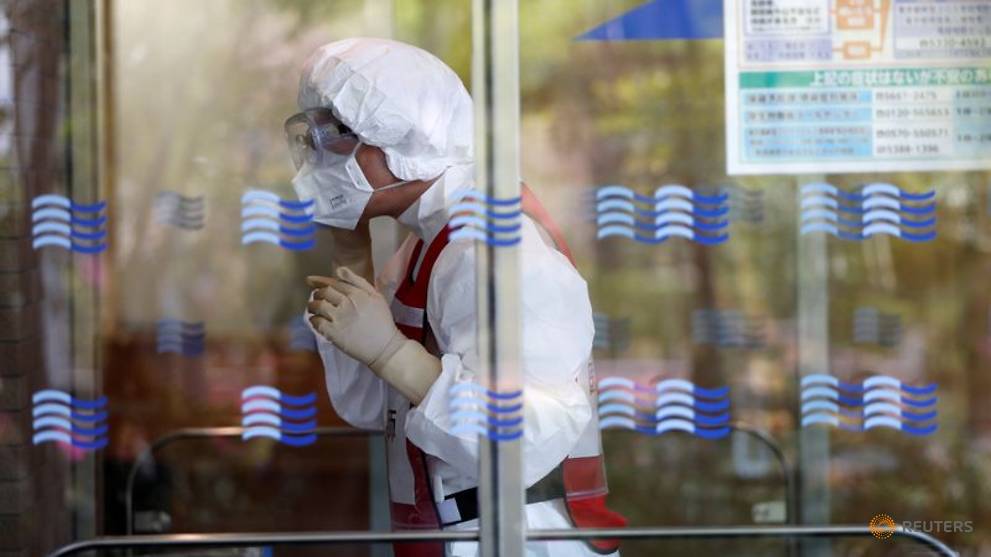
Japan's small clinics driven to brink as coronavirus-wary patients stay home
TOKYO: As Japan eases coronavirus curbs following its first wave of cases, many small medical clinics are scrambling to stay afloat and the doctors who run them are calling for government support as patients keep away for fear of infection.
Such clinics are the backbone of a healthcare system short of doctors to care for one of the world's fastest-ageing societies, yet the fallout of the virus pandemic threatens the survival of many.
"Clinics in the residential and office areas seem to be operating on the brink," said Toshihiko Yamazaki, who runs a urology clinic in the city of Urawa, north of Tokyo.
"Even if the state of emergency is lifted, patients won't be able to return as long as there is a risk of infection."
His clinic, which employs seven staff, made it through the storm relatively unscathed because it is close to a major train station, although April revenue shrank 17per cent on the month.
Others have fared less well.
With more than 16,500 infections and 825 deaths, the world's third-largest economy has weathered the coronavirus pandemic better than many nations, without having to resort to hard lockdowns on travel and business.
Citizens have largely obeyed the government's call for an 80per cent cut in social interactions, but that inevitably hit visits to GPs for regular check-ups.
Another deterrent for many was a wave of infections among dozens of patients and staff at several hospitals in Tokyo.
More than 90 per cent of clinics in the capital suffered a revenue drop in April, the Tokyo Medical Practitioners' Association said, citing its survey of 1,200 clinics, while more than half reported a drop in income.
Nationwide, more than 80 per cent of the 2,900 clinics surveyed by the Japan Federation of Insurance Medical Associations also saw revenue fall in the same period.
Such falls imperil the survival of many doctors' offices, where fixed costs, such as staff and rent, typically consume more than half their revenue.
Adding to the pain, some infection-wary patients have opted for online consultations that get only about half the national insurance reimbursement provided for checks in person.
A projected annual decline of about 500 billion yen (US$4.6 billion) in hospital revenues has prompted a national body of teaching hospitals to turn to the government for compensation.
This month, medical and hospital associations urged the health ministry to tackle worsening business conditions, asking for funds intended for community heath initiatives to be diverted to help small clinics.
Health ministry official Kazuho Taguchi said the ministry was taking the issue seriously. Non-virus services must be maintained, he added, saying the ministry was holding hearings on ways to offset the fall-off in patient numbers.
As income dries up, doctors may reconsider investment in equipment and hiring of nurses and staff, leading to a "decline in the quality of medical care," said Toshio Nakagawa, vice president of the Japan Medical Association.
Worrying trends include cancer and diabetes patients falling off the radar while parents skip routine checks and vaccinations for newborns, said Yamazaki, at the urology clinic.
"In all this coronavirus commotion, I'm really scared that some sick children will be overlooked," he added.
BOOKMARK THIS: Our comprehensive coverage of the coronavirus outbreak and its developments
Download our app or subscribe to our Telegram channel for the latest updates on the coronavirus outbreak: https://cna.asia/telegram